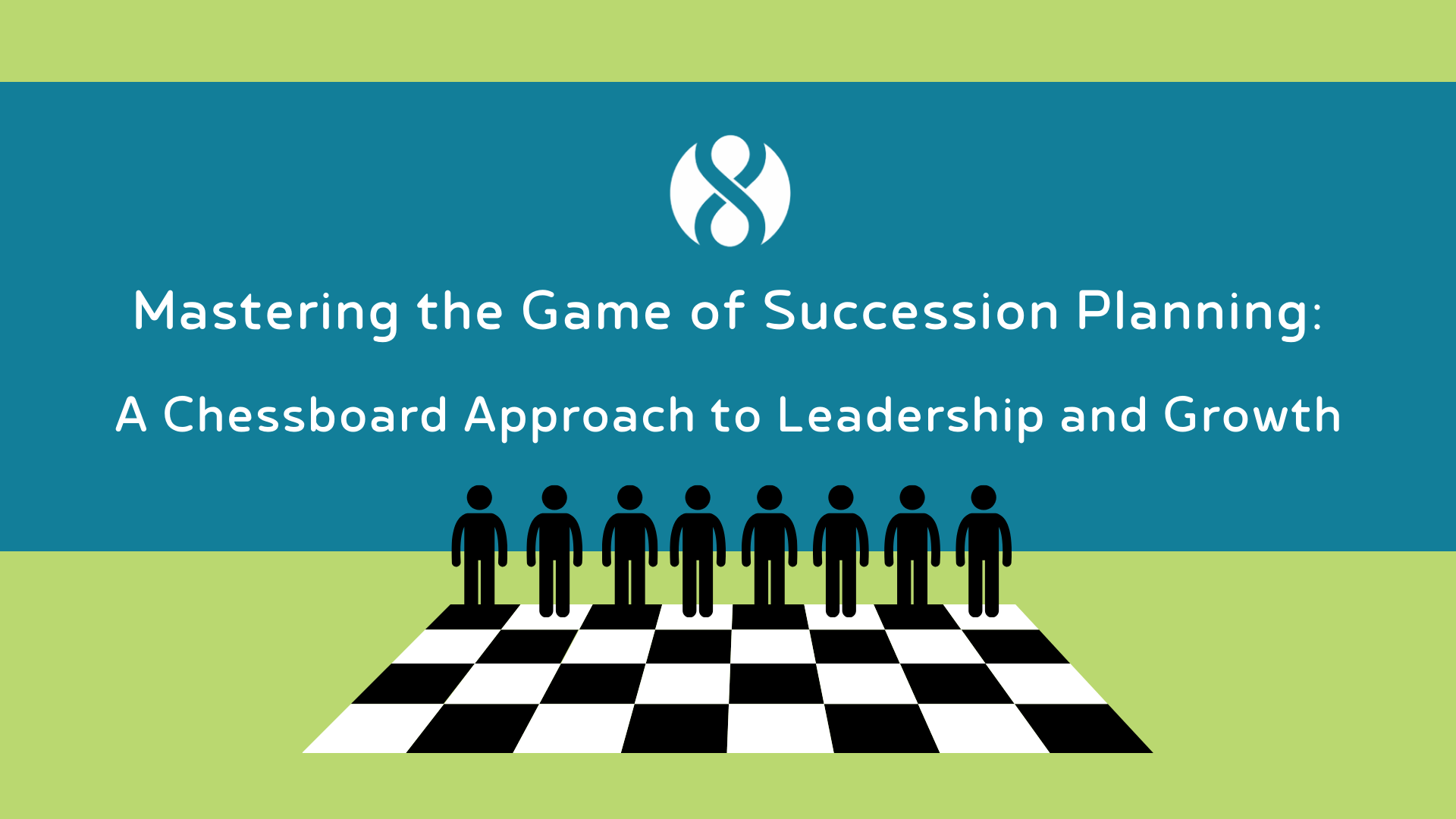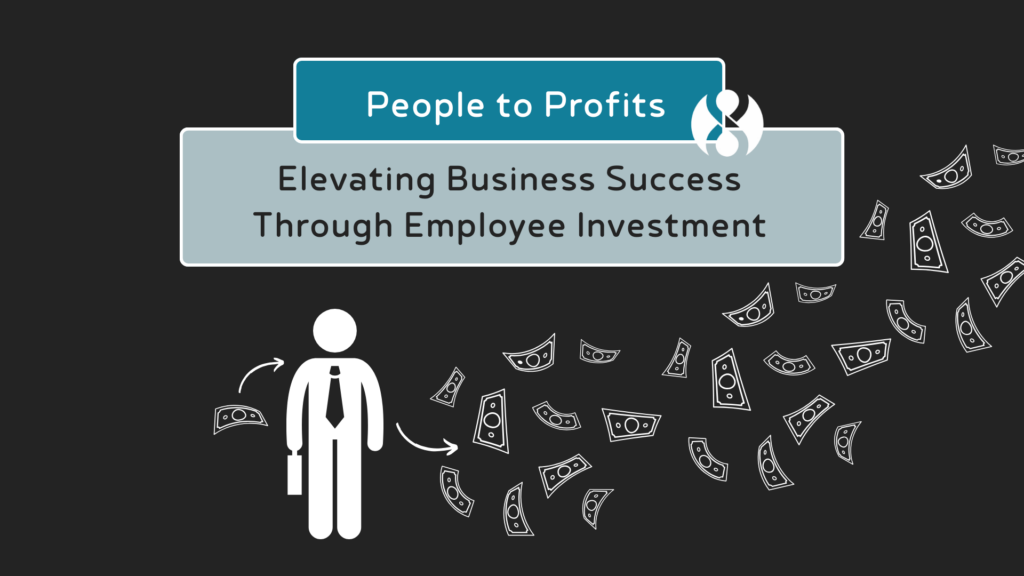In the game of business, succession planning can be likened to a strategic game of chess. Just as in chess, where each piece has a specific role and potential moves, in business, leaders are tasked with the critical role of optimally positioning their ‘players’—employees with varied skills and roles—to not only win in the market but to sustain growth and prevent talent loss to competitors.
The Chessboard of Organizational Success
Imagine taking over as a leader and viewing your organizational structure as a chessboard. Each employee, like a chess piece, has unique capabilities and potential. The challenge and opportunity lie in strategically placing these pieces where they can be most effective. Succession planning, in this context, is about ensuring each ‘player’ is not only in the right position today but is also being groomed for their next role in the organization tomorrow.
Retention through Role Optimization
Chess is as much about retaining your pieces as it is about advancing them. Similarly, in business, effective succession planning focuses on keeping valuable employees engaged and preventing them from being lured away by competitors. This retention is achieved by offering a clear path to success within the organization and ensuring that each team member understands their role in the larger picture of the company’s growth. In short, what is the value to the employee and what is the value to the organization?
Preparing for Promotion: The Intersection of Preparation and Opportunity
A fundamental truth in succession planning is the intersection of preparation and opportunity. For a promotion to be successful, an employee must be prepared for the new role, and a suitable opportunity must arise. However, many organizations face challenges when a sudden departure creates an opportunity, but no one is adequately prepared to step in. This mismatch leads to either unqualified promotions or talented, prepared employees leaving due to a lack of advancement opportunities.
Training Your Replacement: A Key to Progression
A crucial aspect of effective succession planning is the concept of training your replacement. Leaders should cultivate an environment where employees are encouraged to develop others to take over their current roles. This approach not only prepares the organization for smooth transitions but also opens up advancement opportunities for the trainers themselves.
Succession Planning: Essential Questions for Leaders
Leaders should regularly ask themselves key questions to gauge the effectiveness of their succession planning:
- Does each team member have a clear understanding of their potential career path within the organization?
- Is there a mentorship or coaching system in place to develop skills for future roles?
- Are we creating a balance between preparing employees for future roles and providing them with opportunities to advance?
It’s also important to get comfortable with planning to replace yourself within 2-3 years to ensure you don’t lose key people. In today’s market, that’s about the length of time you’ll have most of your employees – including the ones you want to retain and move into senior leadership roles.
Failing to have a robust succession plan can lead to significant disruptions. A leader moving to a new division without a prepared successor can cause the previous division to falter. The cost of recruiting, hiring, and onboarding new talent, not to mention the loss of institutional knowledge and momentum, can be substantial… and it can also be a total flop. Even with the best intentions, hiring new leaders from outside of your organization is riskier than nurturing your existing talent and promoting from within.
Succession planning isn’t just a leadership task; it’s a strategic game akin to chess, requiring foresight, planning, and an understanding of each ‘player’s’ potential. By effectively positioning employees for current and future success, leaders can ensure the organization is always several moves ahead in the market, ready to adapt, grow, and win.
Ready to learn more about success planning within your organization? Get in touch today.


